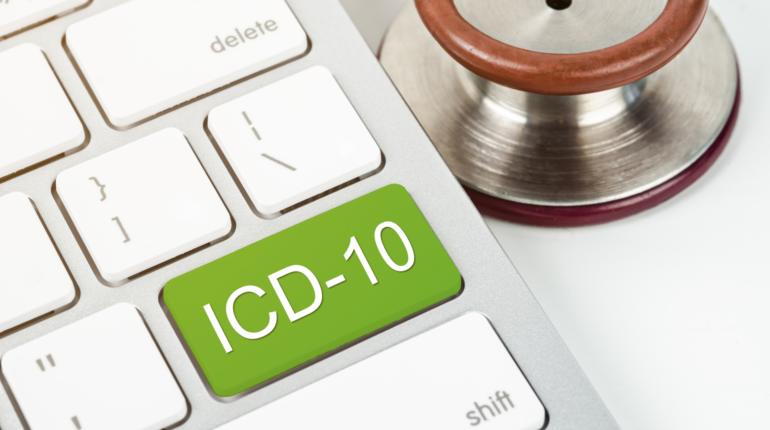
The Vital Role of Healthcare IT
Healthcare IT, also known as Health Information Technology, plays a crucial role in the modern healthcare system. It encompasses the use of technology, systems, and software to store, manage, and exchange health information. The integration of healthcare IT has revolutionized the way healthcare is delivered, improving patient care, enhancing communication, and ensuring data security and.








